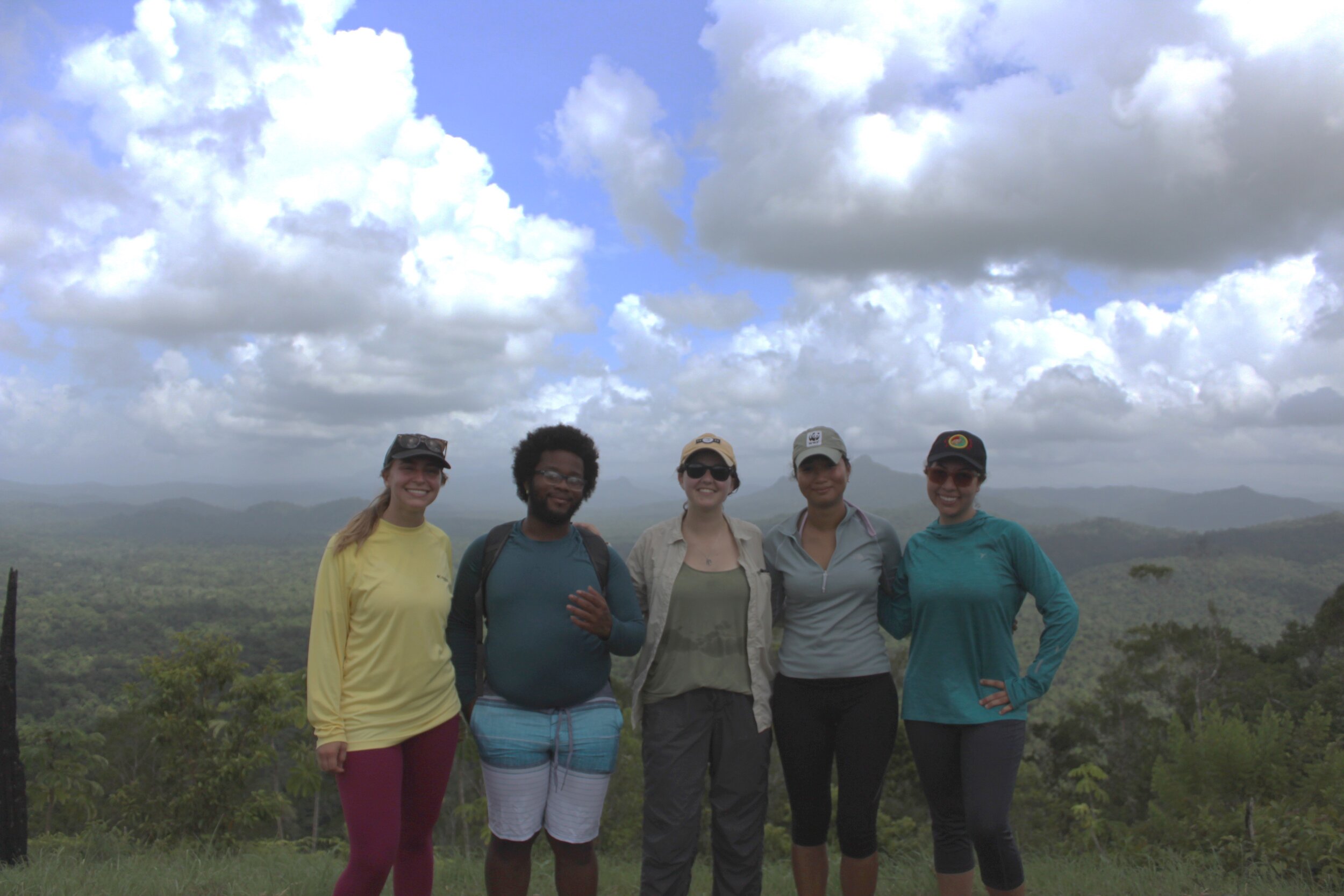More than Science: Summer Research in Belize
The Second in our New Student Blog Series: Thoughts from the field from our summer undergraduate researchers. Written by Giselle Mahung from University of Belize. Giselle was a student intern with our U.S. team in Hopkins Village this summer.The experience of investigating flooding in the coastal community of Hopkins in Belize through the Citizen Science GIS program gave me the opportunity to experience the work intensive and gratifying aspects of community research. Admittedly, as a student, learning about the process of conducting research was centered on the theoretical concept of scientific research, which was systematic, objective, and concise. However, through partaking in this year’s Citizen Science GIS research in Hopkins, I realized that research, particularly community research, consisted of much more than the scientific process. It also consisted of a complete immersion in the culture and perceptions of the individuals living and experiencing the problems associated with the research topic. The members of the the team that investigated flooding in Hopkins, BelizeWorking with an amazing group of international students and with passionate community members allowed me to realize the importance of collaborating with others. In fact, I gained a significantly greater appreciation for the wealth of knowledge that community members shared with us. Moreover, I gained a sense of adoration and respect for the community members of Hopkins’ that willingly welcomed us and shared their thoughts and experiences with us. I believe that without their contributions, this research would not have carried as much significance as it now does. Also, being able to work with a group of dedicated and motivated individuals made the long days and nights that were work intensive so much more enjoyable and memorable.Apart from the appreciation and experience gained, I was able to further foster my passion in regards to working with communities. The experience gained through this experience, along with other experiences, has helped in guiding my decision to pursue a career in Agriculture. This will allow me to work with local communities towards the development of the local market and the implementation of sustainable agricultural practices. I believe that the collaborative and communicative skills, as well as the knowledge gained through this experience will continue to aid me in my future career endeavor.
The members of the the team that investigated flooding in Hopkins, BelizeWorking with an amazing group of international students and with passionate community members allowed me to realize the importance of collaborating with others. In fact, I gained a significantly greater appreciation for the wealth of knowledge that community members shared with us. Moreover, I gained a sense of adoration and respect for the community members of Hopkins’ that willingly welcomed us and shared their thoughts and experiences with us. I believe that without their contributions, this research would not have carried as much significance as it now does. Also, being able to work with a group of dedicated and motivated individuals made the long days and nights that were work intensive so much more enjoyable and memorable.Apart from the appreciation and experience gained, I was able to further foster my passion in regards to working with communities. The experience gained through this experience, along with other experiences, has helped in guiding my decision to pursue a career in Agriculture. This will allow me to work with local communities towards the development of the local market and the implementation of sustainable agricultural practices. I believe that the collaborative and communicative skills, as well as the knowledge gained through this experience will continue to aid me in my future career endeavor.
